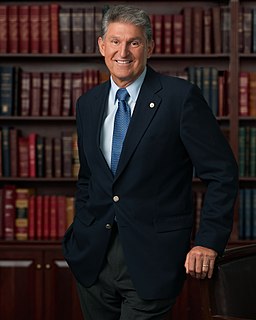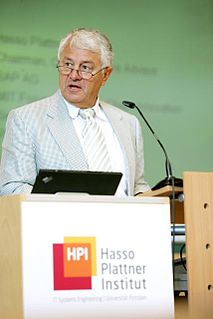A Quote by Cathy O'Neil
People are starting to be very skeptical of the Facebook algorithm and all kinds of data surveillance.
Related Quotes
You can harvest any data that you want, on anybody. You can infer any data that you like, and you can use it to manipulate them in any way that you choose. And you can roll out an algorithm that genuinely makes massive differences to people's lives, both good and bad, without any checks and balances.
I don't look at Putin as a friend. I don't look at Russia. And I am very skeptical of what they're doing, their intentions. There are a lot of good people in Russia that don't have any say whatsoever. And they're starting to basically express their frustration, and starting marching, and hopefully getting their point across. So we've got to make sure that we put the hurt on the oligarchs, all the money, the way the money flows through Russia, and the people that benefit by it.
The Facebook algorithm designers chose to let us see what our friends are talking about. They chose to show us, in some sense, more of the same. And that is the design decision that they could have decided differently. They could have said, "We're going to show you stuff that you've probably never seen before." I think they probably optimized their algorithm to make the most amount of money, and that probably meant showing people stuff that they already sort of agreed with, or were more likely to agree with.
One of the myths about the Internet of Things is that companies have all the data they need, but their real challenge is making sense of it. In reality, the cost of collecting some kinds of data remains too high, the quality of the data isn't always good enough, and it remains difficult to integrate multiple data sources.
Facebook's a wonderful, incredible way to bring humanity together. They've brought together 2 billion people in the largest fictional family in history. So young people are starting to empathize with each other through Facebook across the globe. This is wonderful. However, when everyone needs Facebook because it's so successful that everyone's on it, then it starts to look like a global public utility, a public good. Same with Amazon.






























